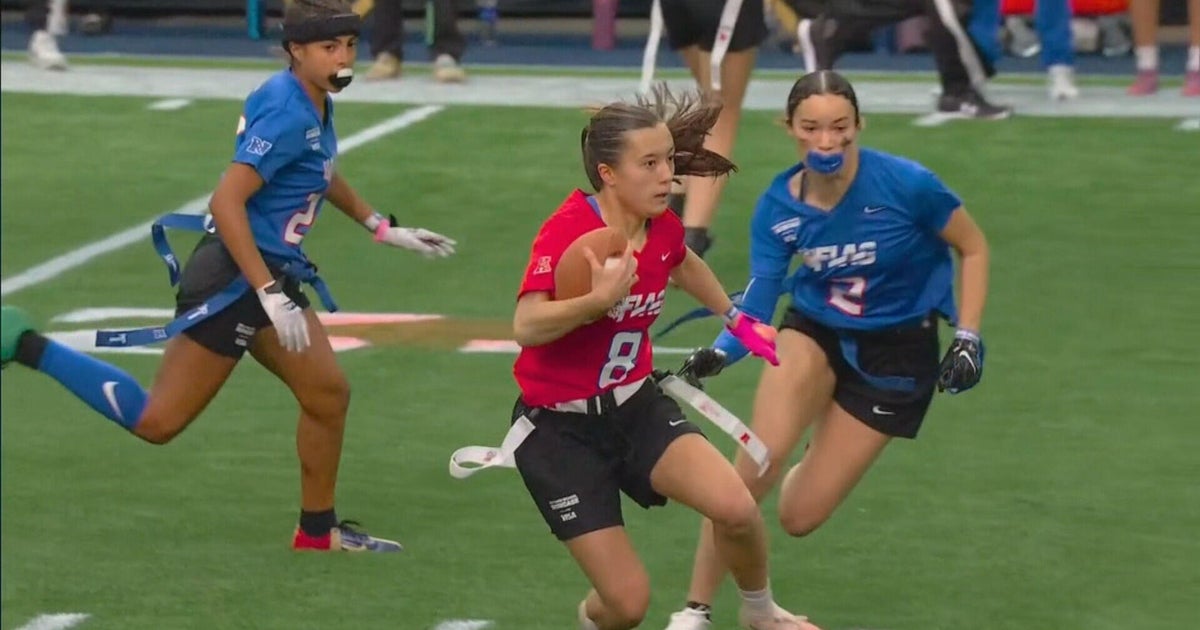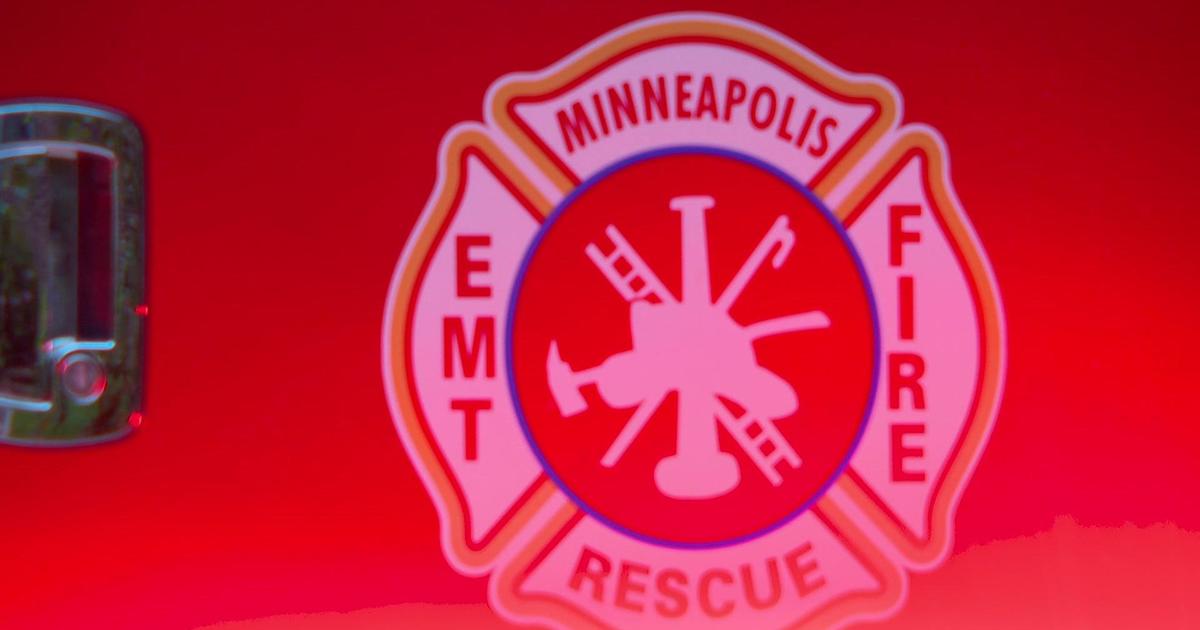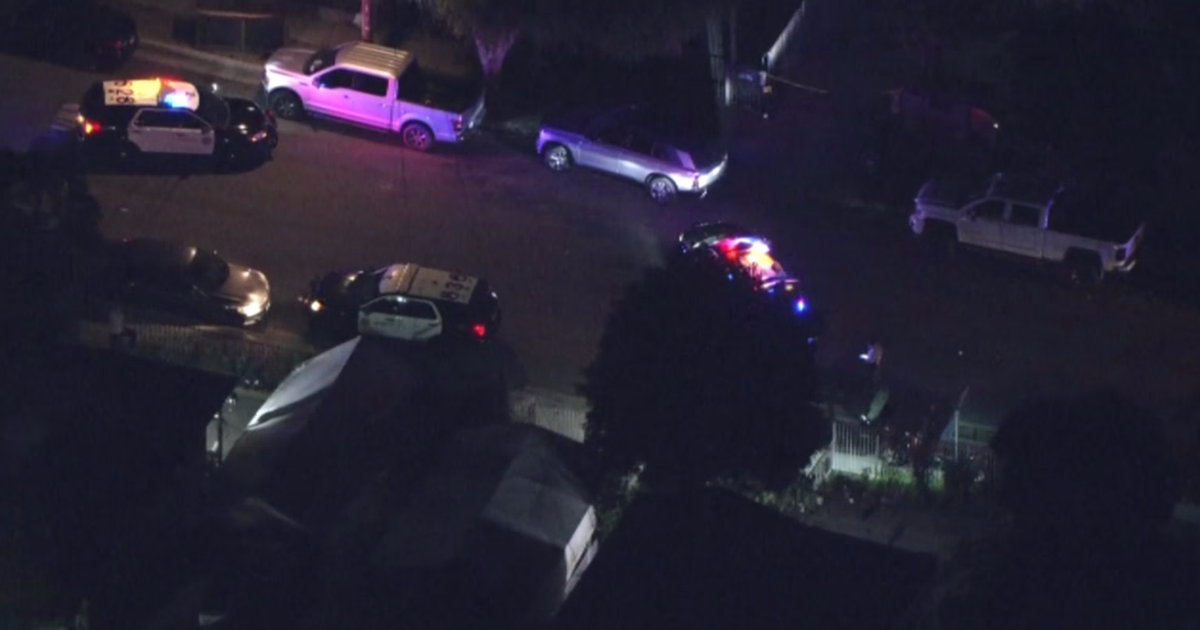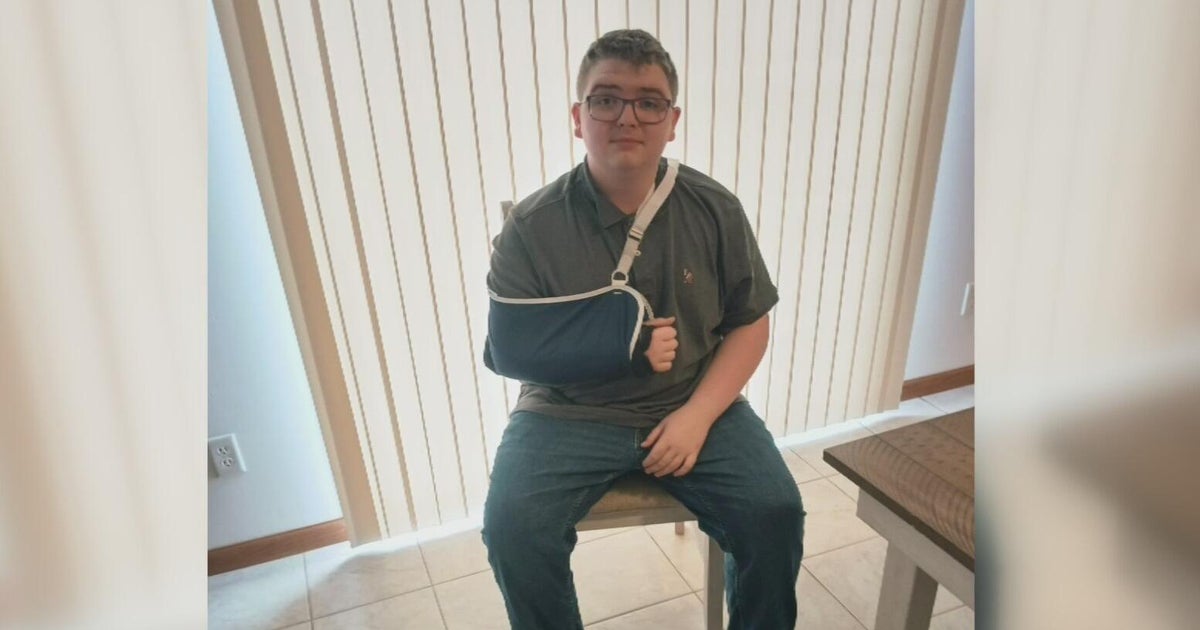'I Know It Helped Me,' Joe Namath Touts Hyperbaric Oxygen Chambers In Treating Brain Injuries
NEW YORK (CBSNewYork) -- What do concussions, hyperbaric oxygen chambers, and football legend Joe Namath have in common?
They're all combining to develop an exciting new treatment for brain injuries.
As CBS2's Dr. Max Gomez explained, more than 5-million people in this country are living with head injuries -- everything from sports concussions, to car accidents, to slips, and falls.
Many thousands of wounded veterans are coming home with brain injuries.
Could a treatment developed to treat divers with the bends help these victims?
When 'Broadway' Joe Namath played for the Jets in the 60s and 70s, equipment was less sophisticated, quarterbacks were fair game, and we didn't know as much about concussions.
"I think all of us that played the game had gotten our bell rung, so to speak. That's what they say, 'you just got your bell rung, you'll be alright.' There was some times that I didn't know exactly where I was. Your head hits the ground, maybe somebody hits your head," he said.
Years later, Joe saw teammates struggling, and he was getting a little forgetful. So he teamed up with doctors at the Jupiter Medical Center in Florida to use an odd looking contraption called a 'hyperbaric oxygen chamber.'
"Right now we are using oxygen as a drug to treat traumatic brain injury," Dr. Barry Miskin explained.
Dr. Miskin is recruiting patients with chronic brain injuries, more than a year old, and placing them in high pressure oxygen for about an hour a day, for five days a week.
"Hyberbaric oxygen works in many ways. It increases stem cells almost eight fold so they can go and heal the area. It starts new blood vessel growth, new blood vessels start growing. It decreases inflammation in the area and helps the energy cells. A lot of mechanisms we still don't understand," he said.
Volunteers will undergo brain scans and neurocognitive testing before and after to validate improvements.
Joe has done 120 so-called 'dives' in the chambers and he's convinced it's made a difference.
"I know it helped me. I took cognitive tests and brain scans prior to and seeing the test improve as well, as well as the scans improve. I know it helped me," Namath said.
If the clinical trial looks good after the first hundred patients, the idea is to expand it to a thousand centers around the country.
Dr. Miskin will be presenting the FDA trial at the Head Injury Association on Long Island next month during Head Injury Awareness Month.







